Dundee voted Yes to independence 10 years ago today – and some in the city are itching to have another go at convincing the rest of Scotland.
Chris Law certainly thinks it’s still game on. He’s even got the renovated Yes van to prove it.
In 2014, he took to the road in his green goddess fire engine on a “spirt of independence” tour.
Now he’s bought a second vehicle and refurbished the first, saying he’s ready to try again.
‘Radical’ Dundee was ambitious
“Historically Dundee is known as the radical toon,” says Mr Law, who became a Dundee MP in the post-referendum SNP surge.
“It always seems to be at the cutting edge, the forefront of change. That’s a testament to the people of Dundee.
“People who are brave, bold and ambitious about the future, not just the city but Scotland more widely.”
Long before it was an SNP stronghold, Dundee was a Labour city.
But by September 2014, the rapidly changing City of Discovery recorded the highest support for Scottish independence among any council area.
Why did Dundonians vote to breakaway by a margin of 57% to 43%?
Former Dundee SNP councillor Alan Ross – who defected to Alex Salmond’s Alba party – says poverty played a major part.
Areas like Lochee, with higher areas of deprivation, registered the highest level of support for independence.
“People saw the potential for a better Scotland and a better way of life,” he says.
“You look at the levels of poverty and deprivation in the area, and I think they believed, and still do believe, that Scotland would be best served running its own affairs.”
The general election in July saw the SNP’s vote in Dundee pegged back after decades of dominance.
Mr Ross thinks this is frustration with his former party rather than a clear drop in support for independence.
He adds: “There are many within the SNP that are quite happy with the status quo and aren’t pushing for independence, but use it at election times to get themselves elected.”
‘Folk were given a hammer’
His analysis of support for a Yes vote is shared is shared by one opponent, even if they disagree
Dundee-based Labour MSP Michael Marra says the 2014 vote was a chance for those in his home city to ask if things were working for them.
“Folk were given a hammer and asked if they want to break what is in front of them. I share all of those frustrations,” he says.
“Countries can make mistakes. Progress is not inevitable as the intervening decade has clearly shown.
“Yet in the end Scotland said no to an easy answer to a complicated situation. That is both highly unusual over the last 10 years and, frankly, quite impressive.”
Mr Marra says he is as convinced today as he was in 2014 that the risks of going it alone “far outweighed” any potential benefit.
“The incompetence and self serving populism of Scotland’s two governments this last decade and a half means that so much needs fixed and new roads need to be found,” he says.
Ten years on from the referendum, is independence now a more remote prospect?
Mr Law, with his campaign vans ready to roll, tells The Courier: “Devolution is a process not an end in itself. Independence is the end of that process.”
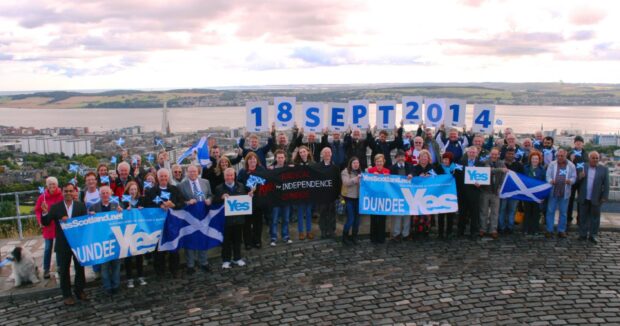
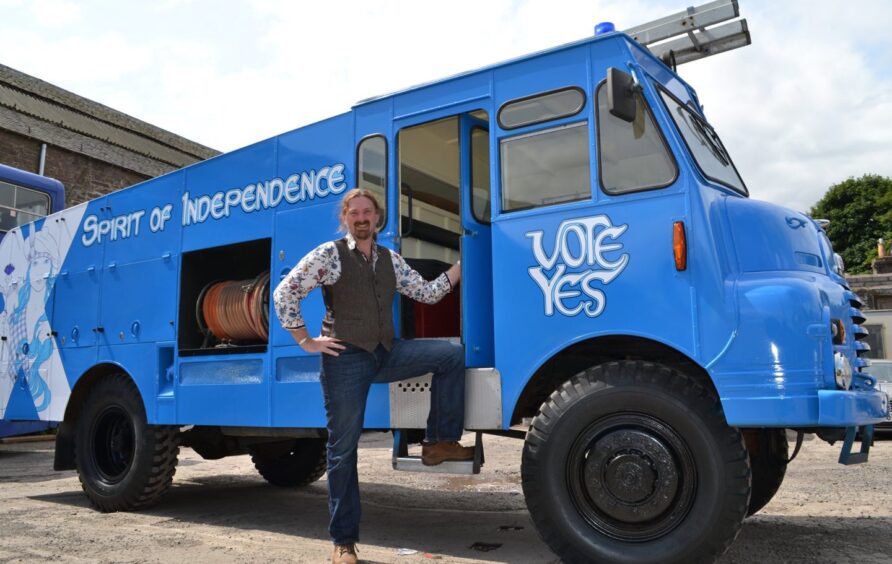
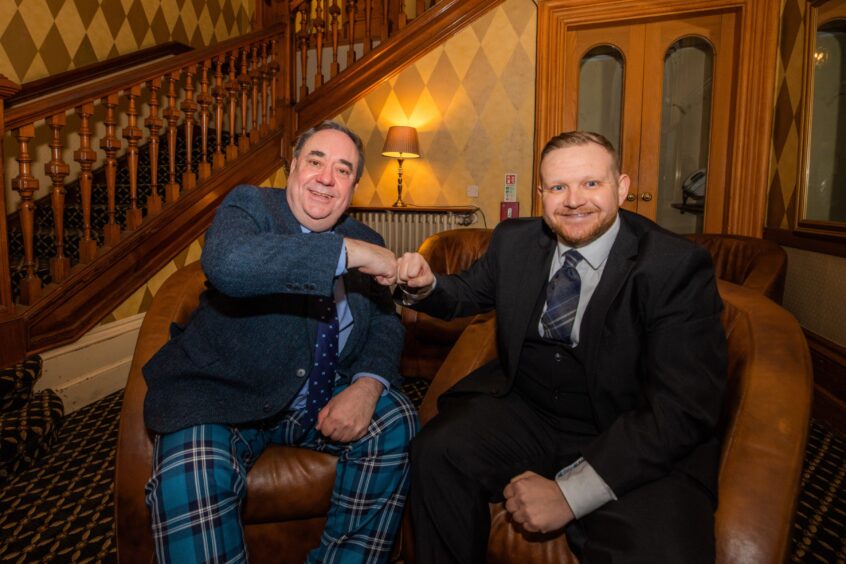
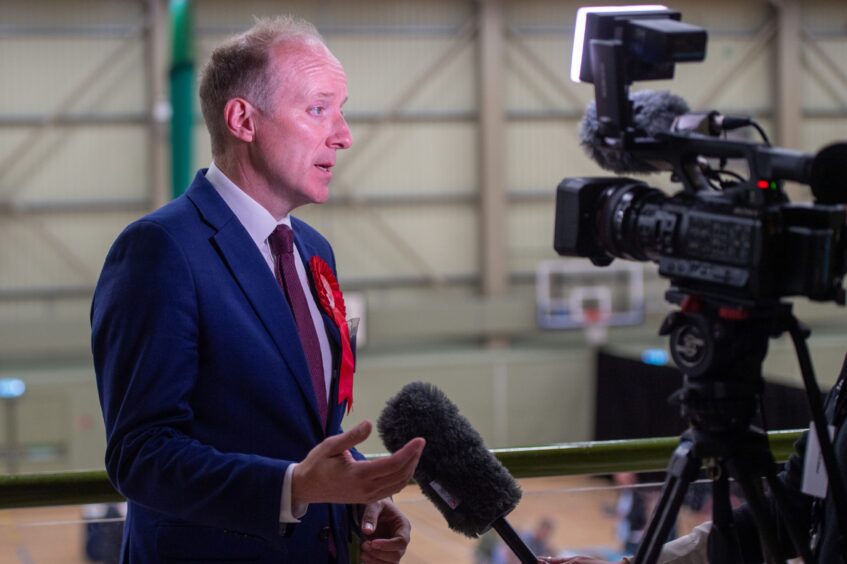

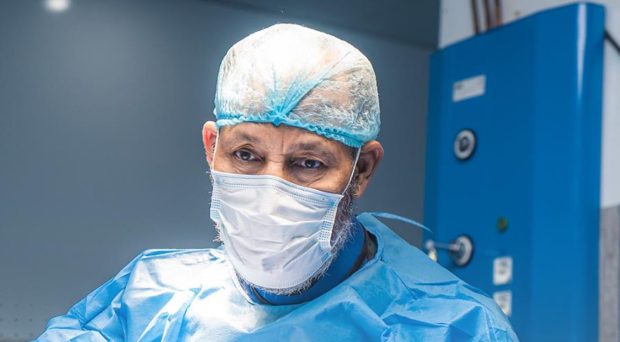
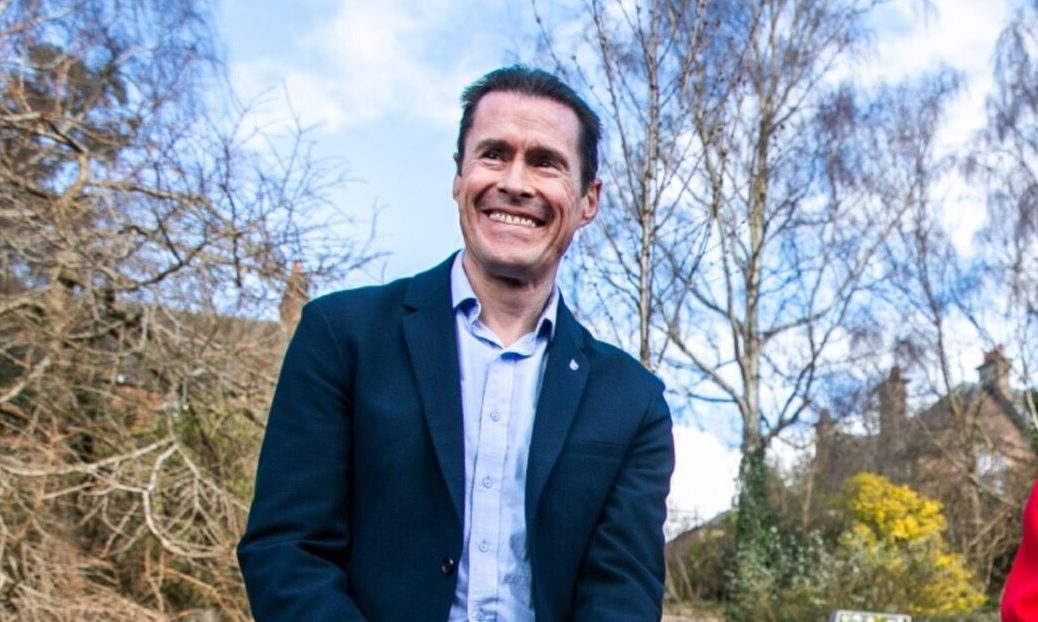
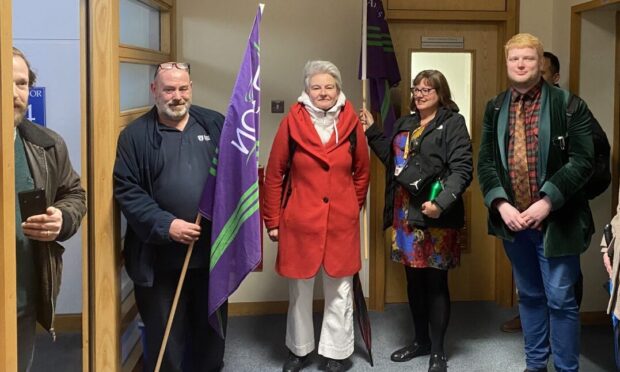
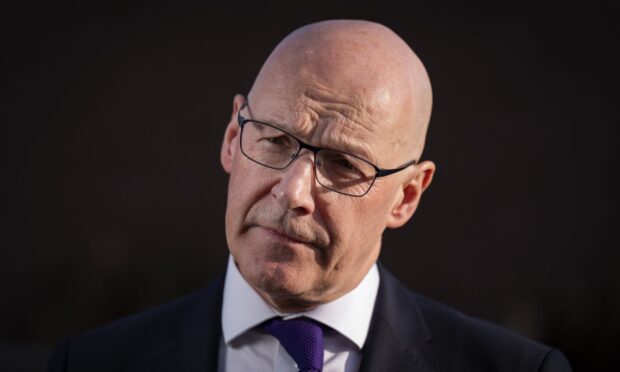

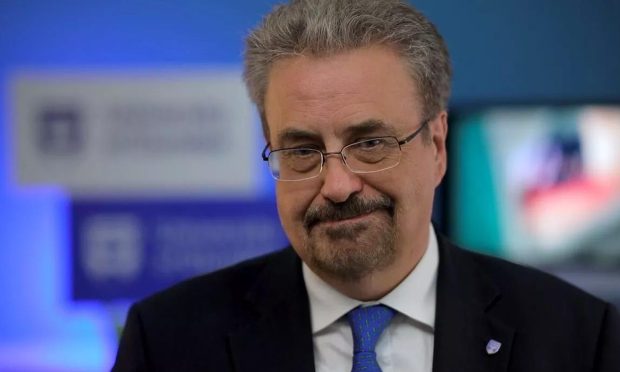
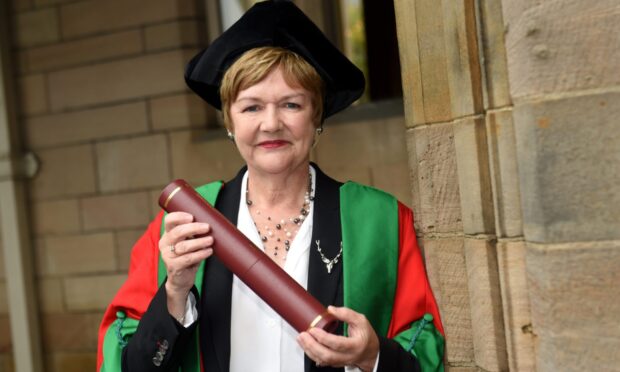

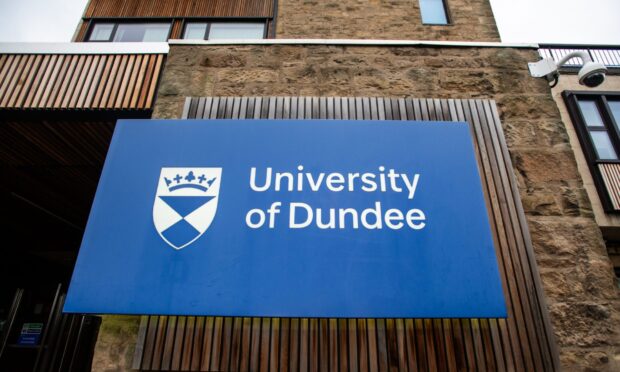
Conversation